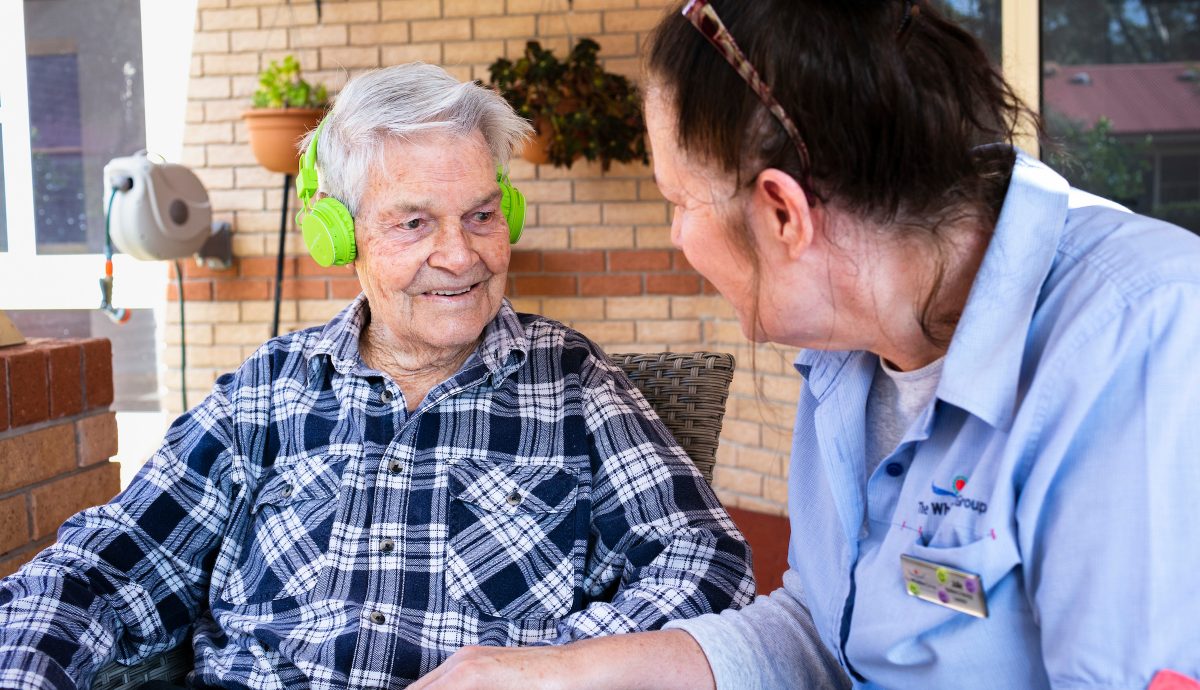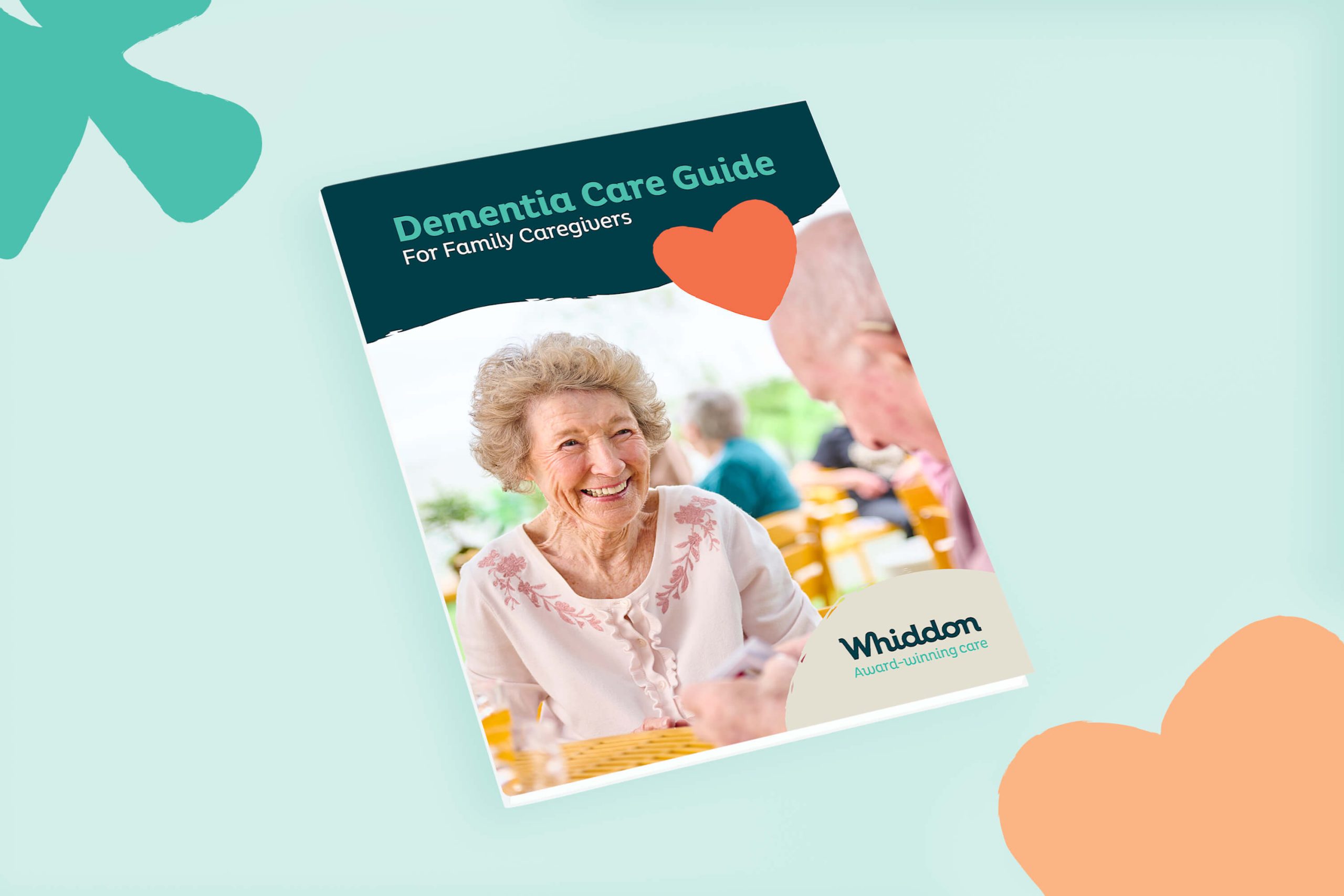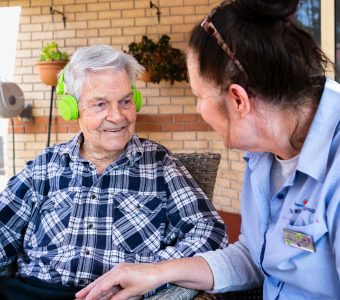
Dementia and the Power of Music
The power of music on memory is well-known: music is an incredibly powerful and emotive tool that conjures up memories good and sad for many people, regardless of their age and memory. For people with dementia, music can have the incredible ability to take them back to yesteryear and to create powerful reactions to a familiar tune or lyric.
An aged care home in regional Australia has been trialing a music program for people with advanced dementia. The trial aims to understand the benefits of music for residents, how musical intervention can contribute to their relationship based care approach, and whether music intervention could go beyond alleviating symptoms like anger and anxiety and improve quality of life, social interaction and engagement.
Managing dementia with music therapy
People with dementia often express unmet needs, boredom, frustration, anger and anxiety through agitated behaviours, verbal calling out and constant wandering.
Psychotropic medications are sometimes prescribed by health professionals to aid with the management of these behaviours, and many aged care homes use medication as a last resort, instead seeking to use non-medication based strategies and gain a deep understanding of each person to be able to understand and address their unmet needs.
The trial of this program explores whether music, when tailored to each person and used in specific ways, can calm and distract residents and remove the need for medication.
How does the music program work?
The music program uses personalised playlists and specially designed MP3 players, with each resident having their own playlist and device. Research by Stanford University, the first to develop and test music as a way to manage agitation without medication, demonstrates how effective individualised music can be for people with dementia.
All of the residents within this small scale trial reacted very positively, as evidence by the recordings in the Lawton Scale, almost immediately to the music therapy.
Responses to the therapy ranged from laughing and chatting, engagement with music and tapping feet, discussing memories brought on by the songs, and talking with family, staff and other residents. As the trial progressed and residents became familiar with what the headphones signified, the response time to the music reduced and the relaxed and positive effects were almost immediate.
Care staff involved in the trial reported that responses to the musical intervention differed based on each resident’s relationship with music throughout their life. For those whom music had always been important, the responses were more powerful. Listening to music seems to really improve quality of life for the residents in the trial, as it would have done throughout their life, and staff have utilised the musical intervention more frequently given its success.
Music as an effective therapy for people with dementia
Deb has dementia. She often looks lost and expressionless, wandering restlessly and without interaction. Staff at the care home share that Deb can become very isolated due to her dementia, displaying signs of anxiety and sadness.
When Deb first joined the trial of this program and began listening to the playlist developed specially for her, based on her past and favourite songs (upbeat surfing music, like the Beach Boys), she smiled instantly, began laughing and tapping her foot in time to the beat. One of the care workers who know Deb well report that she laughs, giggles and feels involved and included when she is wearing her headphones.
While Deb’s responses to music as a therapy are overwhelmingly positive, the quality of her response is enhanced by developing a playlist just for Deb, with plenty of detective work between the care staff and Deb’s family employed.

Understanding Dementia: A Guide for Families & Carers
Dementia affects over 400,000 Australians, impacting memory, communication, and daily life. While there is no cure, the right support can help people living with dementia maintain independence and quality of life. Our free Dementia Guide is designed to help families and carers navigate the challenges, offering practical strategies and insights to support their loved ones.




